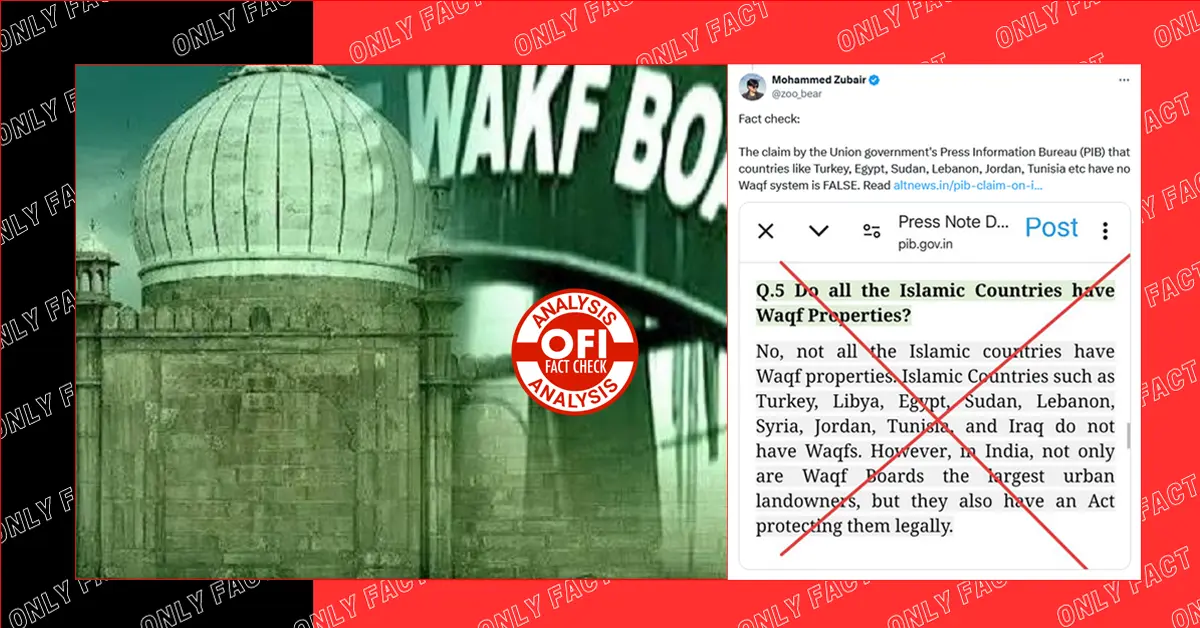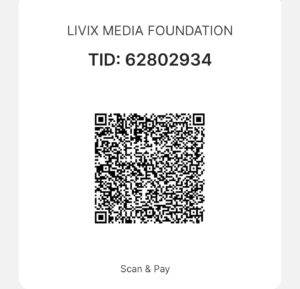Muhammad Zubair, founder of Alt News, recently published an article highlighting errors in a PIB press release. Zubair claimed that several predominantly Muslim countries, including Turkey, Syria, Lebanon, Iraq, Sudan, Libya, Jordan, Egypt and Tunisia, have Waqf Board laws, contradicting the PIB’s claims.
To provide some context, the Waqf (Amendment) Bill, 2024, was introduced in the Lok Sabha on August 8, 2024. This bill seeks to amend the Waqf Act, 1995, which governs Waqf property in India. The Act defines a Waqf as an endowment of movable or immovable property for purposes deemed pious, religious, or charitable under Muslim law. Each state is required to establish a Waqf Board to manage these endowments. The bill faced opposition from various parties and was subsequently referred to a joint parliamentary committee for review. Meanwhile, the Press Information Bureau (PIB) issued a report outlining the details of the Waqf (Amendment) Bill, 2024.
Muhammad Zubair published an article attempting to discredit the Waqf (Amendment) Bill, 2024, possibly with the intention of preventing its passage or, if passed, stirring public uproar and chaos. However, in this article, we will explain that while the previously mentioned Muslim-majority countries do have Waqf or endowment systems in place, these systems are not governed by autonomous bodies like in India. Instead, they are managed by the respective governments of those countries.
In this article, we will examine each country mentioned by Muhammad Zubair and explore how the Waqf system is managed in those nations. Afterwards, we will discuss the Waqf Board in India and highlight how it differs from the Waqf systems in these Muslim-majority countries.
Also Read: Salman Khan’s Viral Clip Edited with Fabricated Audio Warning Lawrence Bishnoi
Analysis
Turkey
A search on the official website of the Republic of Turkey’s Directorate General of Foundations reveals that a Waqf, also spelled Wakf (Arabic: وقف), is a religious endowment in Islamic law, typically involving the donation of a building or land for religious or charitable purposes. The donated assets are held by a charitable trust. The grant is called mushrut-ul-khidmat, and the donor is known as a Wakif. Upon reviewing the organizational structure of Waqf in Turkey, we found that the Minister of Culture and Tourism, Mehmet Nuri Ersoy, oversees the Waqfs, confirming that the Waqf system in Turkey is managed by the government.
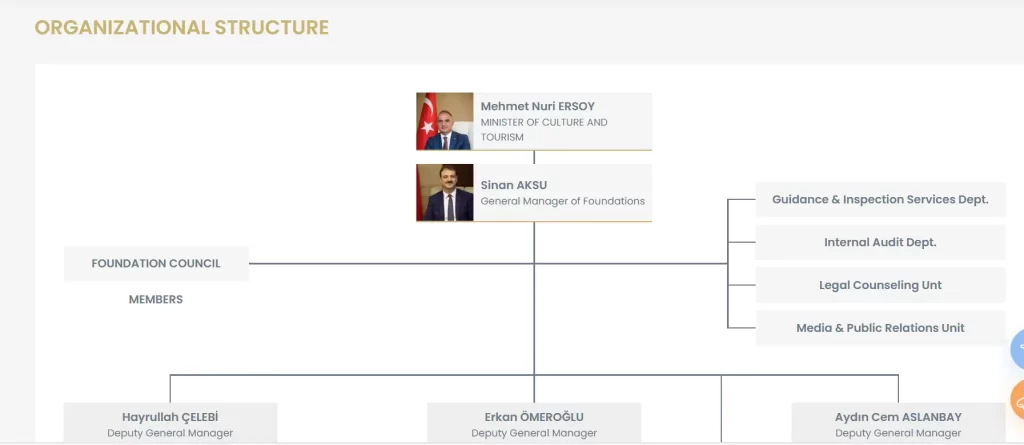
Syria
In Syria, the Waqf system is also under full government control. Our research shows that Syria has a separate Ministry of Endowments, which manages Waqf properties. This ministry is organized under central directorates, further proving that, like Turkey, Syria has significant government involvement in the administration of Waqfs.
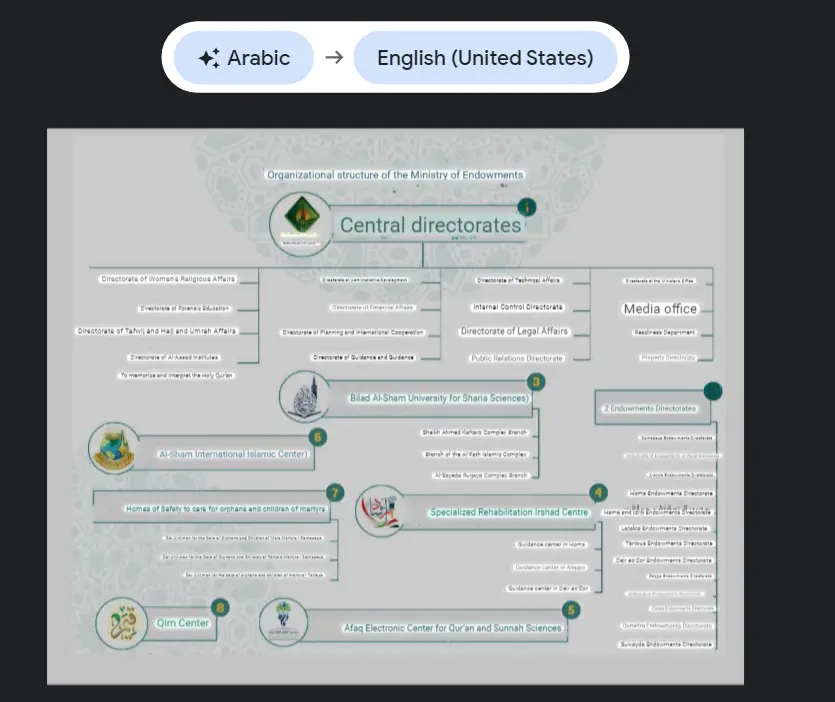
Lebanon
According to the Lebanese government’s website, the Dar Al-Fatwa is the Islamic religious authority that oversees endowment affairs in Lebanon, including mosques, charitable work, religious education, and more. The administrative structure shows that the Mufti of Lebanon, the highest religious authority, directly manages all endowment matters and religious scholars. He exercises all powers granted to him under Sharia and endowment laws, confirming that Waqf in Lebanon is also overseen by a governmental religious body.
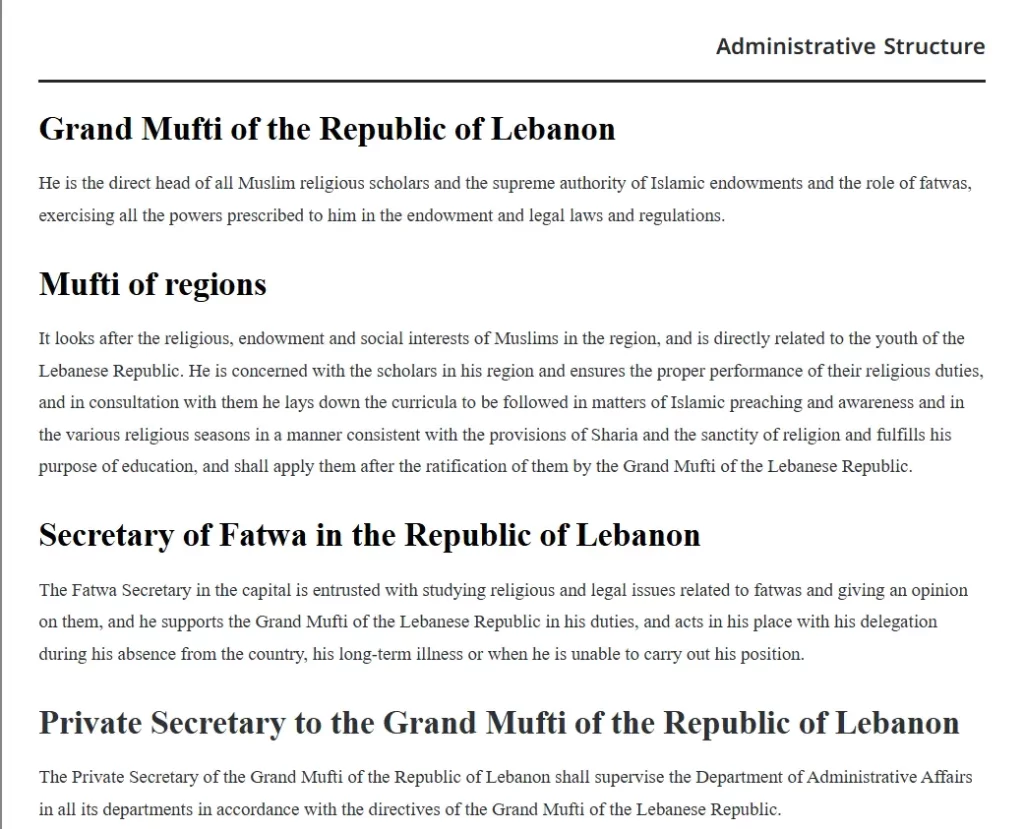
Iraq
A News18 article reported that in Iraq, the Waqf system is managed by two central bodies: the Sunni Endowment Office and the Shiite Endowment Office, both established after the fall of Saddam Hussein in 2003. These offices operate under centralized administration, with sectarian divisions between Sunni and Shiite Waqfs.
According to a Wikipedia entry, the heads of these offices are appointed by Iraq’s president, but religious authorities, such as the Fiqh Council for Sunni Waqf and the Great Ayatollah for Shiite Waqf must approve their appointments. This demonstrates that Iraq’s Waqf administration is also subject to government control.

Sudan
An article from the Islamic Market website outlines the long history of Waqf in Sudan, dating back to the ninth century. The Sudanese Ministry of Awqaf and Religious Affairs was established with new legislation, such as the Awqaf and Religious Law of 1980, which designated the Minister as the general trustee of all Waqfs.
Additionally, Dr. Abd al-Ati Ahmed Abbas currently serves as Sudan’s Minister of Religious Affairs and Awqaf, proving that Waqf administration in Sudan also falls under direct government jurisdiction.
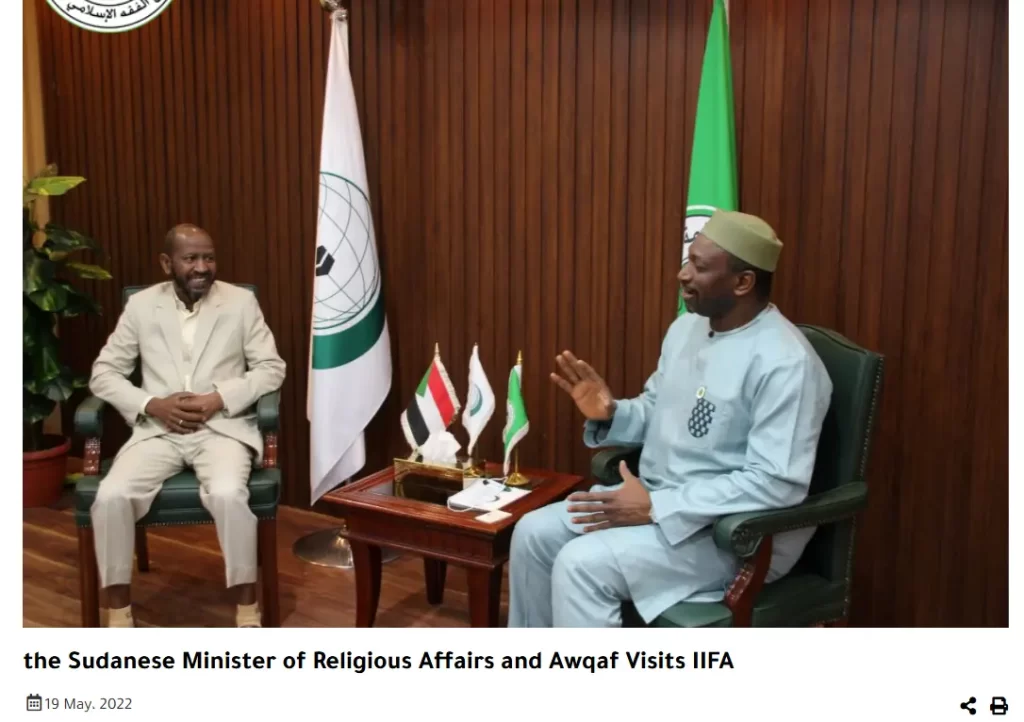
Libya
According to the Libya Update website, the General Awqaf Authority in Tripoli, controlled by the former Grand Mufti of Libya, al-Sadiq al-Ghariani (dismissed by the House of Representatives). In April 2022, Interim Prime Minister Abdul Hamid Dbeibeh, by official decree No. 709, granted al-Ghariani permission to establish religious schools for preparatory and secondary education. Al-Ghariani implemented this decree by establishing several religious schools, particularly in Tripoli and surrounding cities. This decision was based on Law 3/2015, passed by the General National Congress.
Furthermore, the X (formerly Twitter) account of Libya’s Waqf department describes itself as “a government institution concerned with Quranic endowments, mosques, and Islamic affairs.” This supports the assertion that, while the General Awqaf Authority is controlled by the former Grand Mufti, the ultimate authority over Waqfs in Libya lies with the government, as evidenced in 2022.
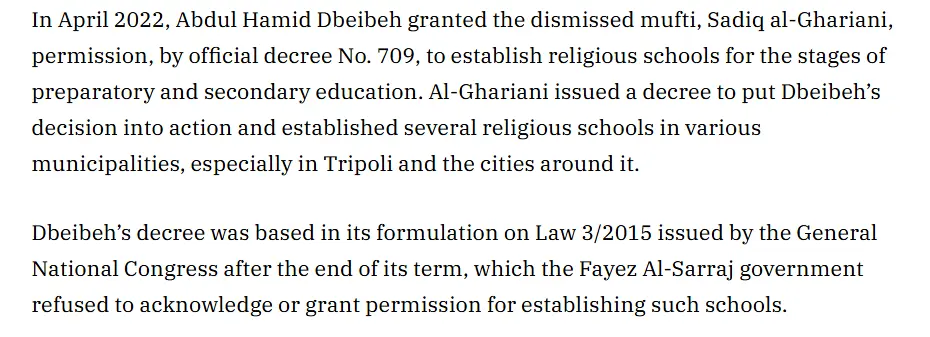
Egypt
Our research led us to the official Egyptian government website, which lists the ‘Ministry of Endowments’ as a government body. Additionally, a Wikipedia entry confirms that Egypt’s Ministry of Endowments ( Awqaf) operates under the authority of the Egyptian government, overseeing the management of Waqf properties and related matters.

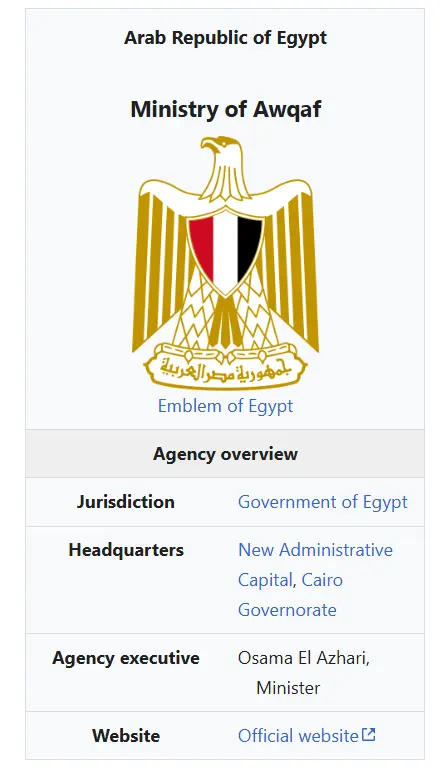
Jordan
Our research reveals that Jordan has a Ministry of Awqaf and Islamic Affairs, with H.E. Dr. Mohammad Khalaileh serving as the Minister of Endowments. This clearly demonstrates that the Waqf system in Jordan is under full government control.
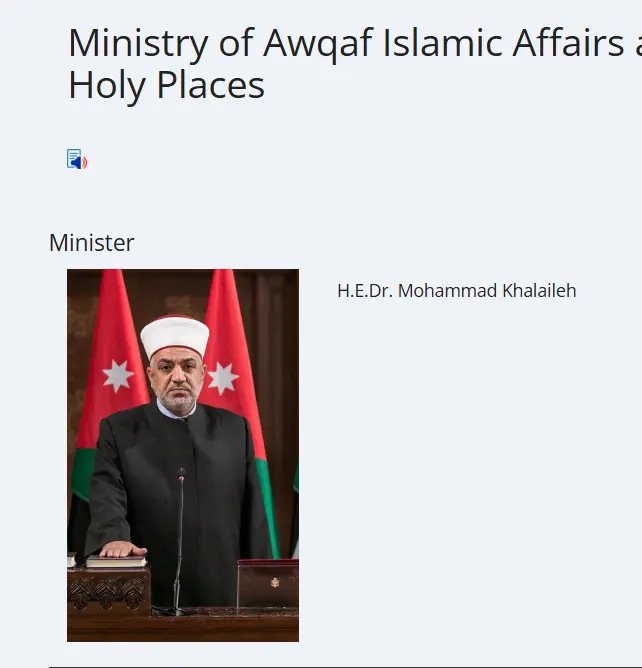
Now, let’s turn to the Waqf system in India, its organizational structure, and management.
Business Standard explains that under the Waqf Act of 1954, a Waqf is a property dedicated to religious or charitable purposes as recognized by Muslim law. Waqfs in India are perpetual and managed by a mutawalli (supervisor). Unlike other trusts, Waqfs are specifically intended for religious and charitable purposes and cannot be dissolved. The 1995 Act gave Waqf Boards greater autonomy, which was further expanded by the 2013 amendments.
The article from Lawyers Club India discusses the powers granted to the Waqf Board under Section 40 of the Waqf Act, 1995. It explains that the Board has the authority to collect information regarding any property it believes to be a Waqf property. In cases where there is doubt as to whether a property is Waqf, or whether it is a Sunni or Shia Waqf, the Board is responsible for conducting an inquiry and making a final decision. This decision is binding unless overturned by the Waqf Tribunal. The section grants the Board extensive powers to identify and register Waqf properties, even if such properties are categorized differently. The article highlights the M.P. Waqf Board vs. Subhan Shah case, where the Supreme Court affirmed that the decisions of the Waqf Boards in such matters are final unless modified by the Tribunal, strengthening the Board’s role in managing and protecting Waqf properties.
In essence, Waqf Boards manage funds generated through donations, rents, and other income from Waqf properties, which are used for charitable, educational, and religious activities within the Muslim community. The Waqf Act ensures that these funds are utilized according to the wishes of the donor (waqif), without any diversion by the government.
Critics of the proposed Waqf Amendment Bill, such as AIMIM Chief Asaduddin Owaisi, argue that it seeks to reduce the autonomy of Waqf Boards and increase government control. Owaisi warned that such changes could lead to administrative chaos and undermine religious freedom.
In contrast, the article from Organiser points out that Hindu temples and their associated lands are controlled by respective state governments. Most states in India have enacted laws that grant significant government control over temple trusts, allowing the revenue generated from temple donations, lands, and festivals to be used for both religious and state welfare projects, including non-religious activities such as education and public health. The article provides the example of Tamil Nadu, home to over 400 temples that are more than 1,000 years old. The Madras Religious Endowments Act of 1926 marked the beginning of government control over Hindu religious institutions in the region, a trend that has continued through subsequent legislation.
Despite court judgments advocating for the autonomy of Hindu temples and the protection of their endowments, state governments have often refused to comply. This has led to the encroachment and misuse of temple lands, with politicians prioritizing electoral gains over temple rights. In contrast, the Waqf Board enjoys full autonomy over its properties, including mosques, madrasas, and other assets, once they are designated as Waqf. This unchecked power granted to the Waqf Board, stands in stark contrast to the restrictions placed on Hindu temples and their properties.
In conclusion, Waqf systems in countries like Turkey, Syria, Iraq, Sudan, Libya, and Jordan are strictly controlled by their respective governments, with no autonomy for the Waqf authorities. In contrast, India’s Waqf Board enjoys significant autonomy, allowing it to list and control Waqf properties independently. Muhammad Zubair’s critique of the PIB report may highlight a technical error, but it fails to address the key point that the Waqf systems in the Islamic countries he mentioned are government-controlled, unlike the autonomous Waqf system in India.
Also Read: The Wire’s Founding Editor MK Venu Spreads False Claims of 19 Lakh Missing EVMs

